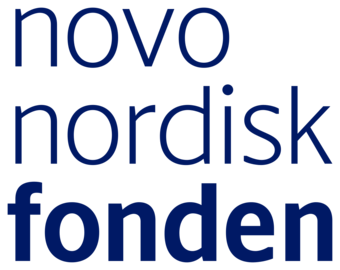Brain circuits are the operational units of the brain. The Department of Neuronal Cell Biology explores two fundamental but enigmatic mysteries: How can neuronal activity in such circuits give rise to subjective feelings and emotions? And, what factors control their activity respectively? We believe that the answers lie in the specific wiring and dynamics of cortico-limbic circuit motifs and their modulation by the yet unexplored world of neuropeptides.
The Department of Neuronal Cell Biology was founded in 2005 by Michael Kiebler, who investigated how individual synapses - the point of contact and communication between neurons - are altered during their lifetime and how this contributes to our ability to learn and remember. Synapses don’t operate in isolation; rather, they connect neurons into neuronal circuits. With the arrival of Wulf Haubensak in 2021 as head of the Department, we have employed optogenetic and imaging methods coupled with molecular, genetic, and electrophysiological profiling to map the architecture and dynamics of cortico-limbic circuits – the so-called emotional brain. Our experimental research and computational brain data mining have identified critical hotspots in affective processing and explored how genes might reprogram these areas to modulate affective traits.
Maintaining the appropriate function of brain circuits is crucial; hundreds of neuropeptides might operate as gatekeepers of neuronal activity and behavioral responses. In 2022, Sarah Melzer brought novel sensors and imaging technology that enabled us to visualize neuropeptide responses in the brain in real-time while they modulate neuronal activity and behavior. This research will shed light on the previously unexplored complexity of neuropeptide modulation of the brain's computations.
The Department is also committed to developing workflows that link our research closely with results from clinical imaging and psychiatric genetics, helping to bridge the gap between preclinical and clinical research. Ultimately, our goal is to enhance understanding of affective disorders and lay the groundwork for novel treatments.
Our vision is supported by ERC, FWF/DFG, WWTF, COMET, and Boehringer Ingelheim research programs and is fueled by collaborations across our local community and international partners.





